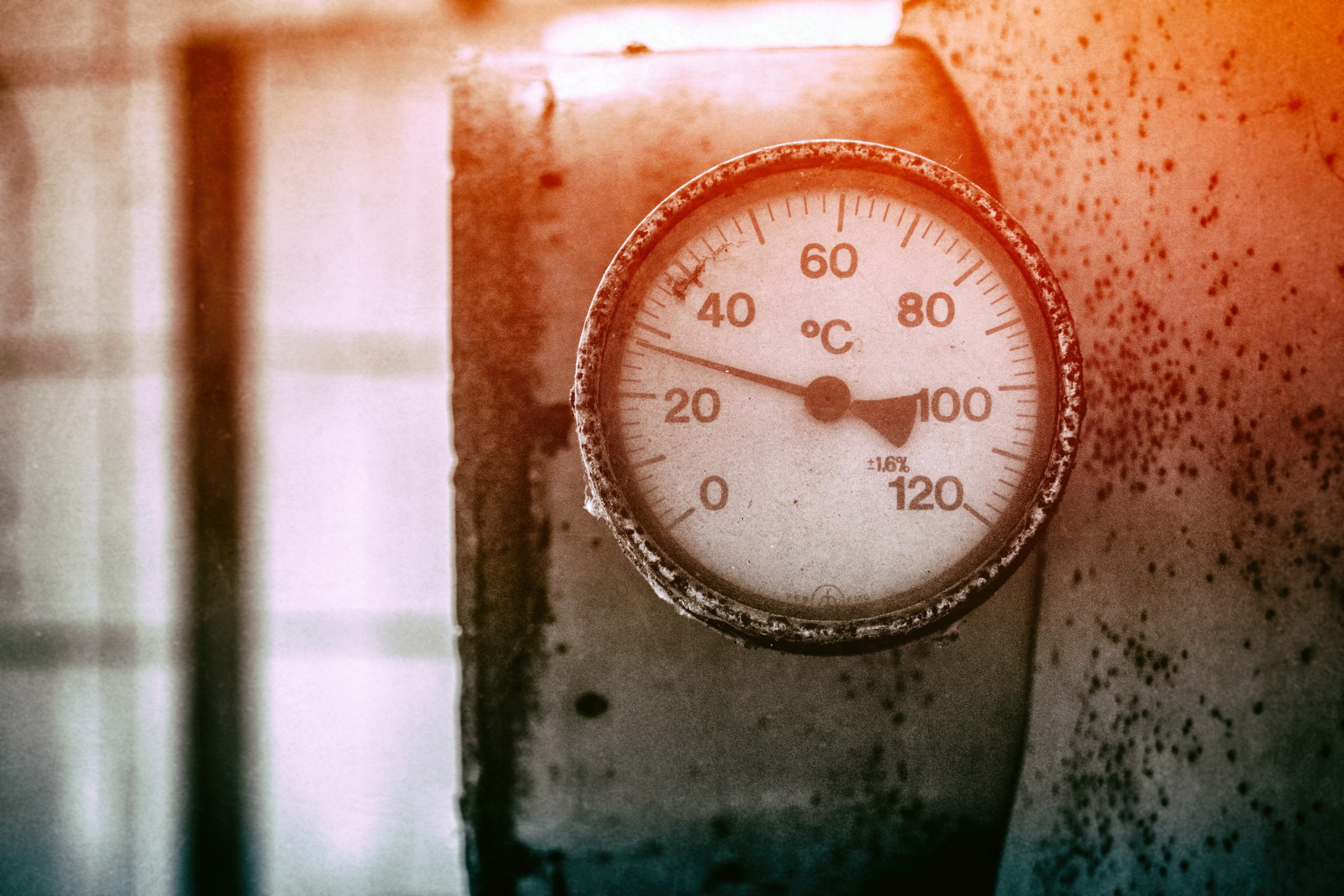
Spain’s new energy savings measures, announced by the central government on August 1st, are, not surprisingly, meeting with resistance.
Spain’s socialist lead government has put limits on the temperatures businesses can set their heating and cooling systems, and has mandated that shops must turn all lights off, including in store front displays, by 10:00 p.m. Air conditioning cannot be lowered below 27C in summer and heating cannot exceed 19C this winter, according to the decree passed Monday. Businesses must also make the temperature in their establishment visible to clients. How the rules will be enforced or sanctioned was not announced.
Public buildings must follow many of the same rules, but the measures are voluntary for households, for now.
While the new rules apply to the whole country, enforcement will be left to regional governments.
The measures are a response to an EU energy savings plan.
EU energy ministers agreed last week to voluntarily reduce gas demand by 15%by March, with the possibility of the reduction becoming mandatory in the event of a winter shortage. Spain, however, has pledged a less ambitious reduction of gas consumption at just 7%.
Spain’s Minister for Ecological Transition Teresa Ribera had led the opposition to the original gas reduction proposal that would have given the commission emergency powers to enforce gas rationing and distribution across the block. Spain is in the enviable position of relying less heavily on natural gas in its energy mix and sourcing very little of its natural gas supplies from Russia. Natural gas made up just under one-quarter of Spain’s energy mix in 2020, with only 10.5%of imports coming from Moscow in 2020.
Back home in Madrid, Ribera is now pleading for “unity and solidarity” with other countries.
“The world is upside down, we have a war in Europe,” she said on Tuesday, “[This is] a special effort at an extraordinary time.”
The government announced the measure in the middle of an extraordinarily warm summer, an extended heat wave that has many parts of the country reaching potentially dangerous highs of over 40 degrees Celsius while tending to tourists at the height of a summer vacation season.
In Seville in southern Spain, one of the hottest and most touristic cities in the country, restaurant and shop owners have come out in full rebellion against the measure, calling it one more step in undermining small businesses.
Isabel Díaz Ayuso, president of the Community of Madrid was the first politician to react against the government’s initial plan, saying the law would not be applied in the Spanish capital.
“Madrid will not shut down,” she said. “This [decree] generates insecurity and scares off tourism and consumption. It causes darkness, poverty, sadness.”
Ayuso is a constant opponent of the central government led by socialist President Pedro Sanchez, and quickly countered Ayuso’s opposition.
“In Spain the law is followed,” Sanchez retorted in a public statement.
Since then, the regional government’s stance has softened slightly, saying it is studying whether the measures are constitutional, as the right to regulate businesses is a competency of regional governments. Also, in an ironic twist, under the same competencies, Ayuso’s government has the power to monitor whether the buildings where the central government works in Madrid, including the presidential palace, are following the rules.
But even Sanchez’s associates have come out against the measures. The regional government of the Basque Country, ruled by Basque nationalists that have supported the current government, initially promised that the local police would not be employed in checking the temperature settings in businesses. After Ribera reached out to him personally, Basque regional president Iñigo Urkullu then softened his tone as well, saying the law would be followed.
The government has not extended any olive branch to Madrid.
Sanchez was roundly criticised for laying out the decree without previous consultation or negotiation with regional and municipal governments.
The measures could be relaxed in cases of extreme temperatures and will be in place until November 2023. The government is also expected to launch a further energy savings measures in September.
